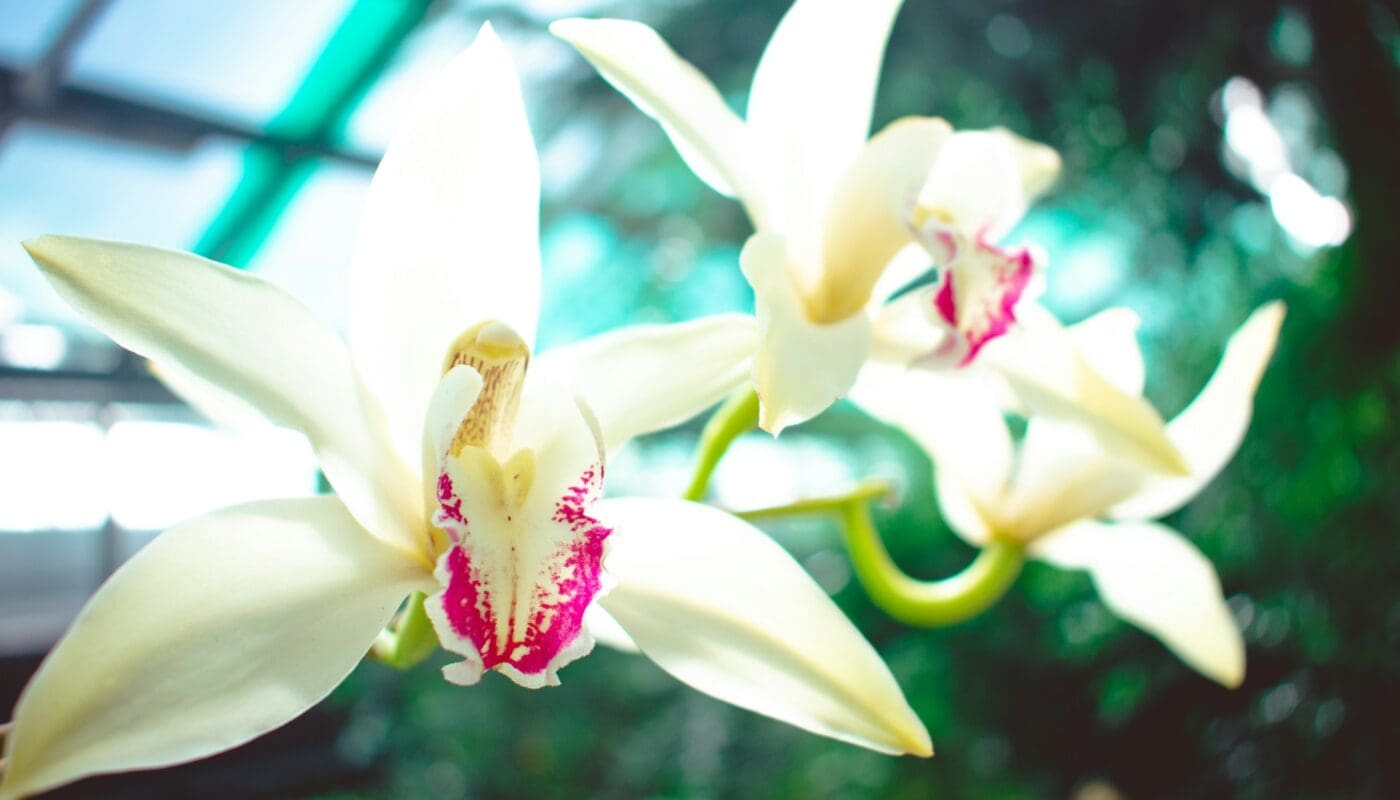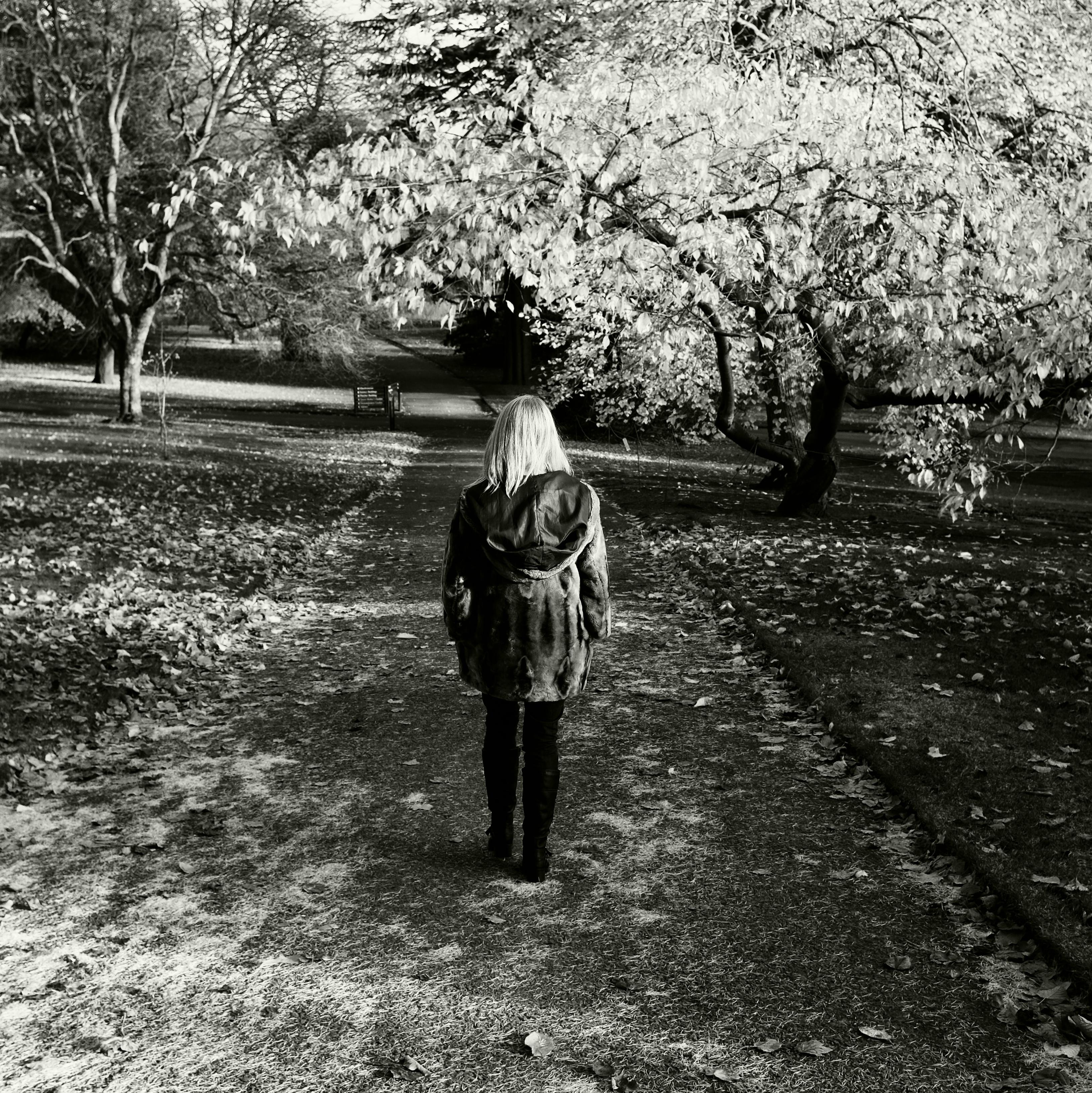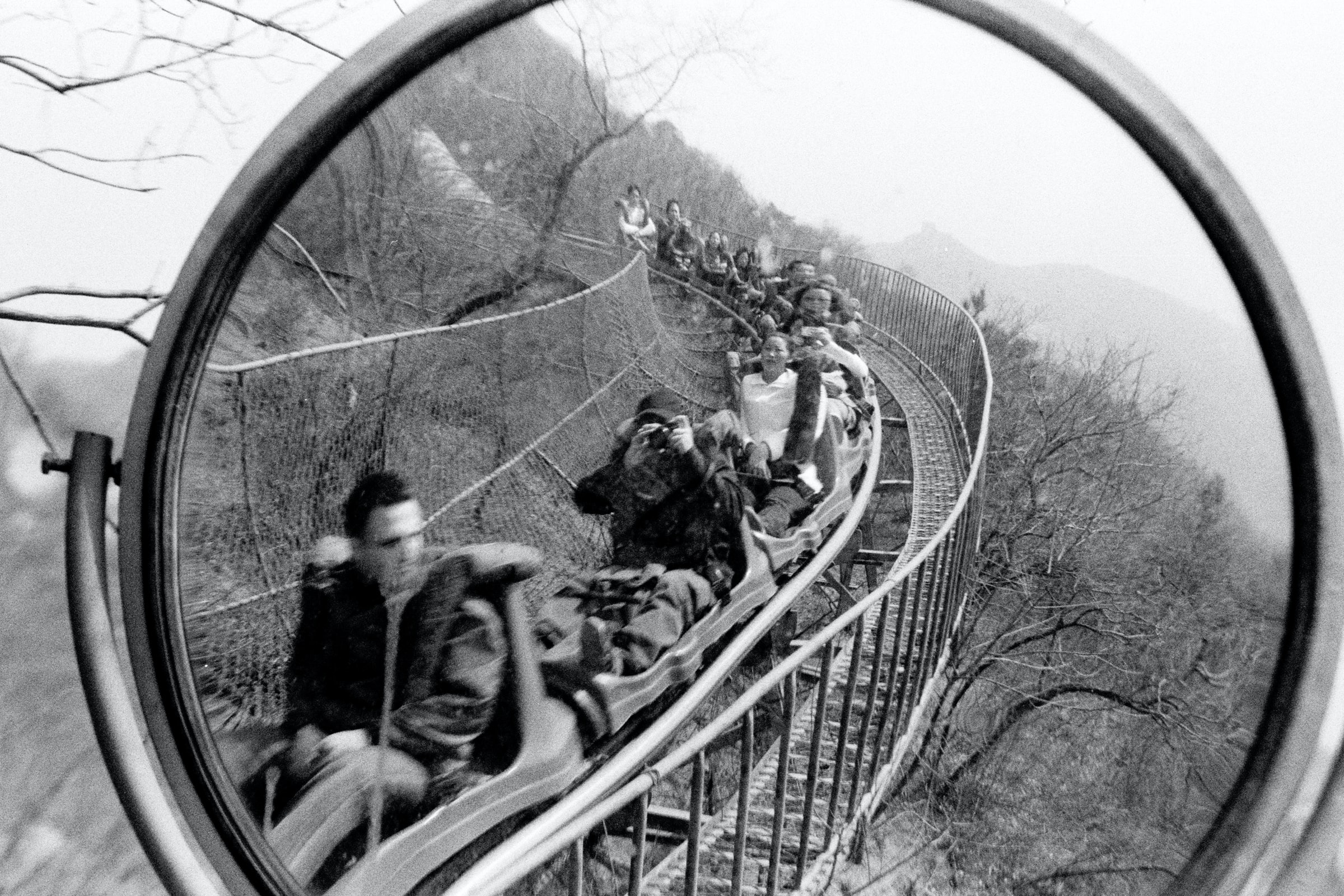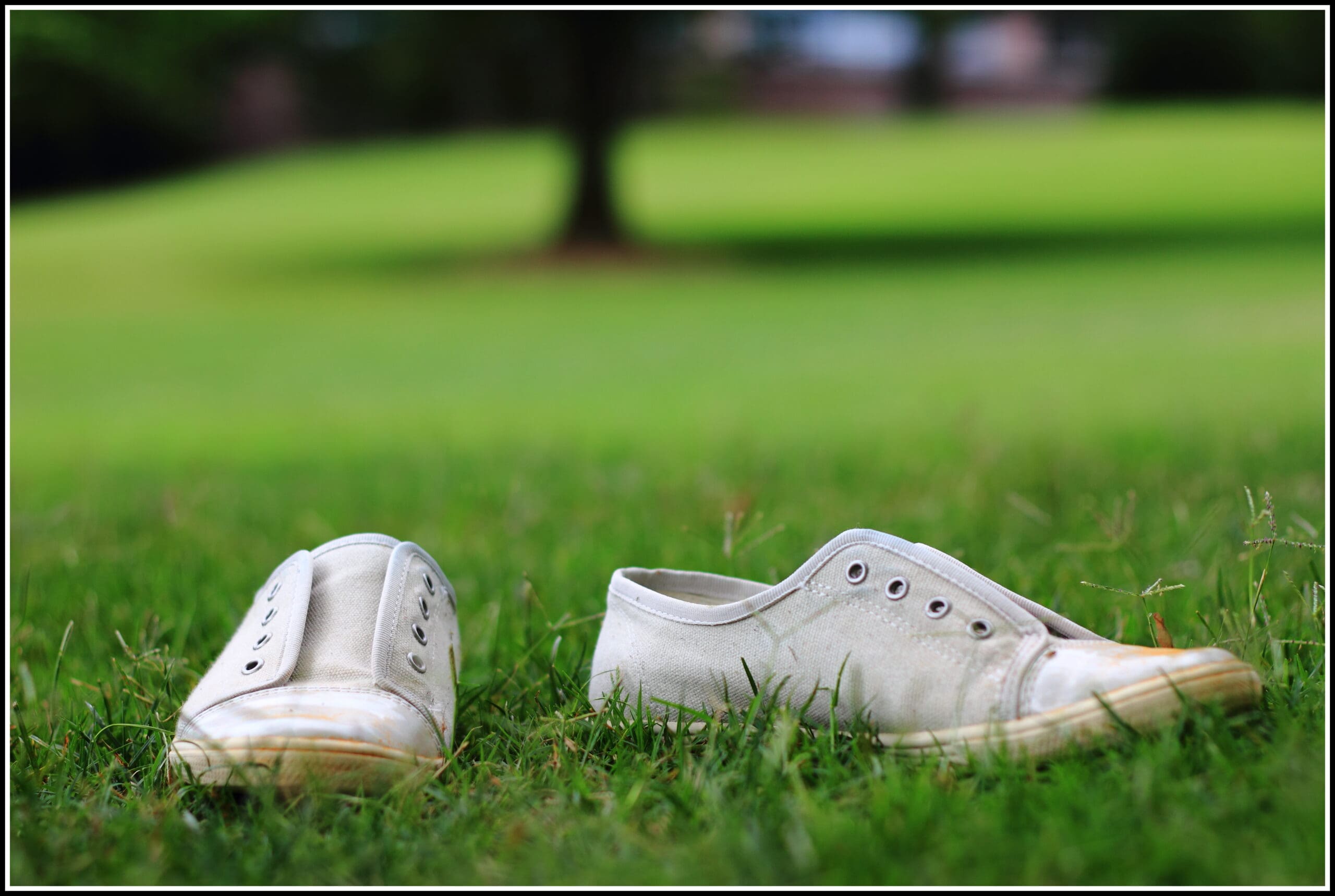He on one end, she on the other, they march with purpose to the orchid show. The children between them are bundled so tightly, they waddle like penguins in the winter glow.
They huddle at the entrance, holding hands. Not she with him. He holds little hands. She holds little hands. A working relationship. All their hands are cogs in the moving parts of this family outing. As soon as they enter the conservatory, his camera comes out. He will explore color, texture and form through light. She will study the signage for curious details and interesting facts. The children will watch him hiding behind the lens and her hiding behind words, and they will learn that orchids are part of a bigger story, that there is beauty in nature and also struggle.
She reads aloud that orchids are valued based on their rarity and how hard they are to cultivate. The Shenzhen Nongke Orchid costs over two hundred thousand dollars per plant and took eight years to develop. To them: Kids are you listening? To him: Can you put that camera down?
They shuffle along the horseshoe path flanked by displays of hardy Cymbidium, moth-shaped Phalaenopsis, bright showy Dendrobium. Flowers pose in lemon and peach hues, model purple and red, and unique Vanda Coerulea blue. Each new scene conjures a flurry of information from her and athletic twists and clicks from him.
He prowls the perimeter, slowly, intently, hunting and capturing lines and shadows with a wistful expression that suggests a yearning to shrink like a fairy tale character, climb into one of the larger pods and find solace there; catch his breath in the subtle perfume, coddled in its delicate flesh.
The further he disappears, the more animated she becomes. There is so much she wants to share. Do they know that orchids are the largest family of flowering plants? Do they know that the vanilla bean comes from a species of orchid? She thinks they should grow orchids. What do the children think? She speaks with urgency. She feels short of breath. Like she is running and running, even though she recognizes it’s a race she’s already lost.
The children want to leave and get ice cream, but they haven’t completed the exhibit’s course. He moves on ahead, pursues the perfect angle in which to capture pink petals and white tendrils. She’s left with wriggling, tired, floppy charges to drag through the last few paces.
The crowd has increased, and people jostle up against her. Humidity drips from the glass walls. She finds the hum of voices oppressive. The flowers repeat in varied configurations, but somehow feel the same. If it was up to her, she’d crush them all, squeeze the bulbs between her shaking fingers till the color bleeds into an angry, smudged tattoo, seeps through her skin, her veins, her heart, transforms her from the inside out into the rarest hybrid of all. Maybe then, he’d turn his camera’s gaze and see the wanting look upon her face. As it is, she knows, they’re existing in a space in which conditions are not optimal for growth.
The children get their ice cream and say they liked the orchid show. The oldest took some photos of her own. She has an eye like mine, he says. They make their way towards the gates. She clears her throat. The thing about your father, she says, is he never brings me flowers. The thing about your mother, he says, is she never lets things go.
She on one end, he on the other, they march together in a row, the children trapped between them and their boots all forging patterns in the snow.
Jacqueline S. McCauley is a South African, Australian, New Yorker. She teaches English and drama in Manhattan and has a background in writing, directing, and producing youth and children’s theatre. Her writing explores themes around immigration, cultural diversity, parenthood, divorce, disability, grief and loss, and the way we process these. Her poetry will appear in ‘theprosepoem’ literary journal’s February issue in 2024.




